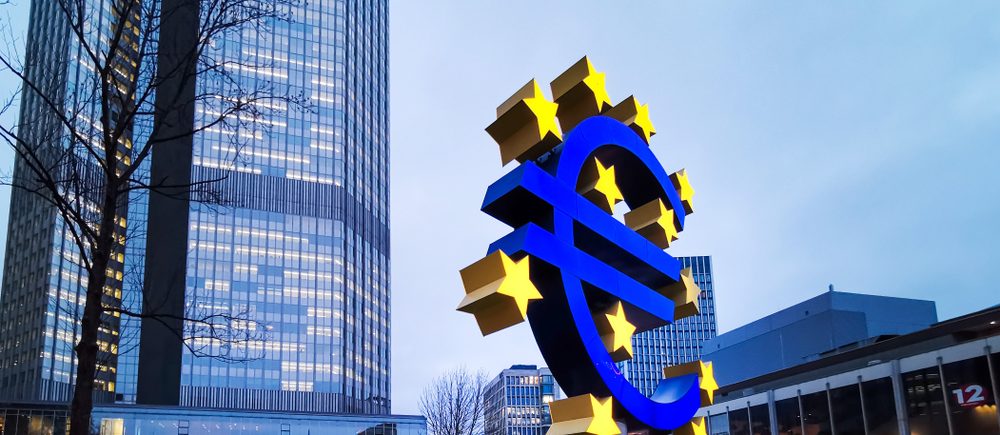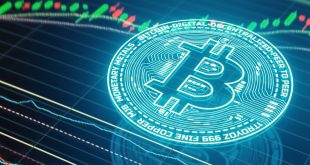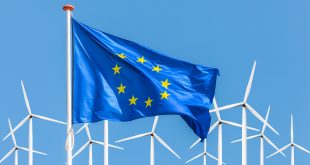Inflation in the Eurozone climbed to an annual rate of 5 percent in December, the second-consecutive record, according to the European Union statistics office’s initial estimate, which was released on Friday.
The rate was slightly higher than the previous month’s increase of 4.9 percent. Inflation around the world has jumped as the pandemic disrupted supply chains, labor markets and the availability of goods. In Europe especially, soaring energy prices have contributed significantly to the record-high inflation rates.
There are small signs that inflation is turning a corner. In December, energy prices rose 26 percent from a year earlier, one-and-a-half percentage points smaller than November’s increase.
Still, energy prices are set to remain volatile during winter months amid dwindling stockpiles of natural gas and concerns about supply from Russia. Around the New Year, European gas prices fell sharply but then jumped 30 percent on Tuesday. They remain several times higher than normal prices.
The European Central Bank expects energy prices to stabilize throughout the year and supply bottlenecks to ease, allowing inflation to eventually fall back. European policymakers have argued that because most of the jump in inflation will be temporary, they do not need to respond aggressively by raising interest rates or ending all the bank’s bond-buying programs.
But Europeans will still have to withstand a relatively long period of higher prices. Once energy prices are stripped out, December’s inflation rate rose to 2.8 percent from a year earlier, as the prices of food and industrial goods increased.
The central bank forecasts the overall inflation rate, including energy, to average 3.2 percent this year, notably above its 2 percent target.
The Eurozone may have reached the peak in inflation. In the near term, Eurozone inflation is set to decline. The effects of changes to German sales taxes at the start of the pandemic will no longer affect inflation, reducing the overall rate by about half a percentage point.
There are signs that some of the key drivers of the recent increase in inflation are reversing. Markets, and the ECB will breathe a sigh of relief, but we think it will be short-lived, as energy inflation will come down only slowly, and with food inflation now seemingly on the rise, the headline will remain high overall through most of this year.

 Noor Trends News, Technical Analysis, Educational Tools and Recommendations
Noor Trends News, Technical Analysis, Educational Tools and Recommendations




